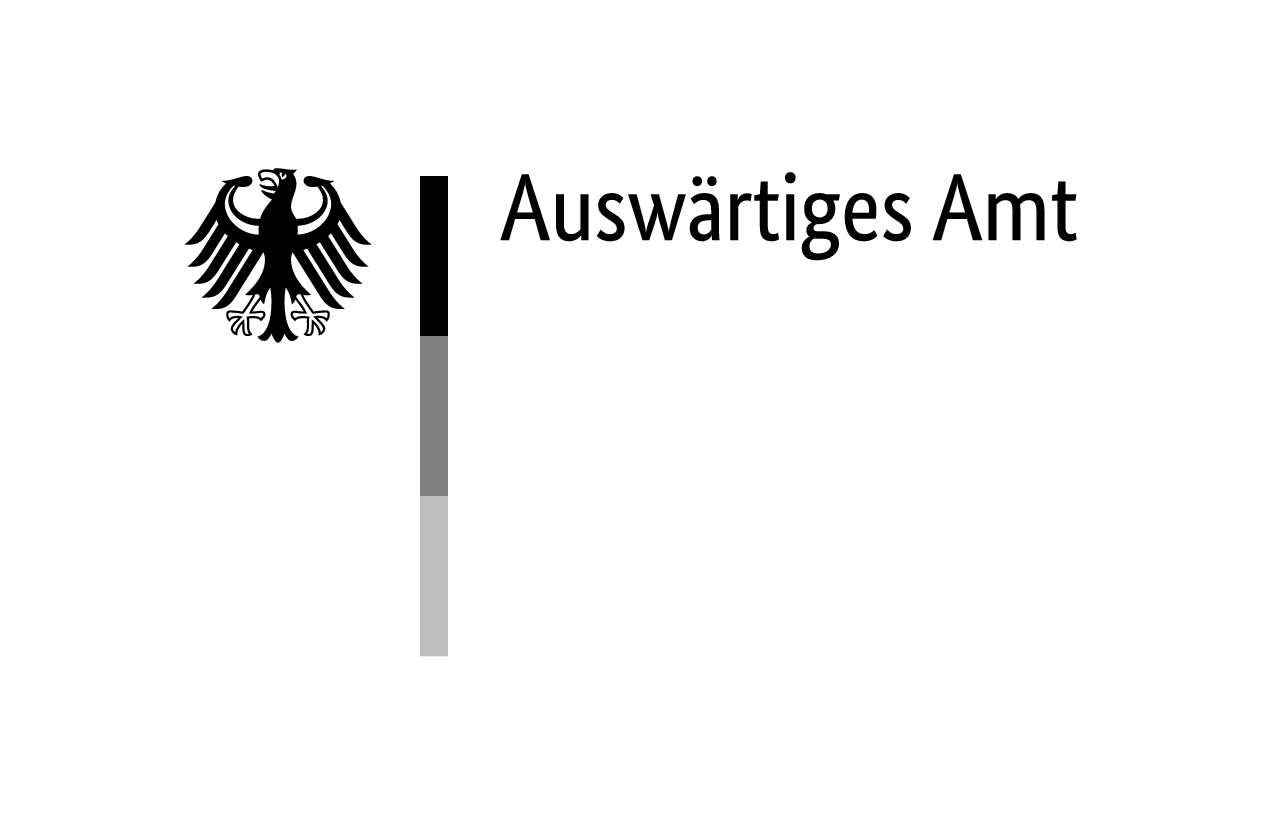Harald Turner was born on 8 October 1891 in the Hessian town of Leun, Germany. As a son of a military officer, he attended cadet schools and entered the Prussian Army in 1908 as an infantry officer. He was wounded twice during World War I, and after the war he served in the Freikorps ‘Wesel’. In the 1920s, he joined the Prussian state service and studied law in Giessen [German: Gießen], where he received his doctoral degree in 1930. In the same year, he became a member of the National Socialist German Workers’ Party (NSDAP), and in 1932 also a member of the Schutzstaffel (SS). In 1936, he became a high-ranking official in the Prussian Ministry of Finance.
Agitating for Mass Murder in Serbia
In the early phase of World War II, he served in the German military administration in occupied Poland and France, and in April 1941 he was appointed as the Chief of the Administrative Staff of the Military Commander of Serbia [Chef des Verwaltungsstabes des Bevollmächtigten Kommandierenden Generals in Serbien]. In his view, and based on his previous experiences, it was necessary to build a collaborationist administration and police apparatus in Serbia, although other high officers in the occupation system had less faith than he did in the loyalty of Serbian collaborators.
Turner implemented a policy of eliminating all ‘unreliable elements’, among which he counted especially Jews and Roma. In the summer of 1941, after the outbreak of the partisan uprising, he repeatedly proposed harsh reprisals against civilians, as well as the arrest of Jews and Roma as hostages. In August and early September 1941, he unsuccessfully tried three times to persuade the German plenipotentiary of the Ministry of Foreign Affairs in Serbia [Reichsbevollmächtigter des Auswärtigen Amtes beim Militärbefehlshaber in Serbien] Felix Benzler (1891–1977), to deport all Serbian Jews to Romania, to the General Government or to Russia.
In a report written on 21 September 1941, Turner proposed not only the arrest of all Jews, but also of all Roma. This and similar documents show Turner’s attitude towards Jews and Roma, which revealed his commitment to the Nazi racial ideology. While in the autumn of 1941 the Wehrmacht was shooting civilians, including Jews and Roma, to meet reprisal quotas, Turner’s vision entailed the elimination of all Jews and Roma on racial grounds.
Killing of Jews and Roma as Hostages
In the order on taking hostages, which Turner sent to all Field and District Commands on 26 October 1941, he explained that ‘We should start from the principle that Jews and Gypsies are generally an unreliable element and therefore represent a danger to public order and security. It was the Jewish intellect that conjured up this war; it must be destroyed. The Gypsy’s spiritual and physical constitution mean that he cannot be a useful member of the community of peoples. It has been observed that the Jewish element takes a significant part in the leadership of the gangs [i.e. partisans], and that the Gypsies in particular are responsible for atrocities and for carrying out the intelligence service. Therefore, as a rule, male Jews and Gypsies should always be placed at the disposal of the troops as hostages. The immediate plan is in any case to send the wives and children of Jews and Gypsies to an assembly camp with a view to resettlement abroad, so this disruptive element will be removed from Serbian territory. The measures required for this [deportation] must be taken.’1Military Archive of the Ministry of Defence of the Republic of Serbia (Vojni arhiv Ministarstva odbrane Republike Srbije), NA, 27II-1-36/1 i 36/2. Published in Serbian language in: Zbornik NOR, tom I. knj. 1, dok. 234. Translated by Eve Rosenhaft from the German text: Staatsarchiv Nürnberg (StAN), KV-Anklagedokumente, NOKW-802, Rundschreiben des Bevollmächtigten Kommandierenden Generals in Serbien (Dr. Harald Turner) an alle Feld- und Kreiskommandanturen, 26 October 1941.
During the mass killings of Belgrade’s Jewish and Roma men in the autumn of the same year, Turner worked closely with General Franz Böhme (1885–1947), making available the victims designated for shooting. On 29 August 1942, he reported to General Alexander Löhr (1885–1947), the new Commander-in-Chief Southeast [Oberbefehlshaber Südost], saying that ‘Serbia [is] the only country in which the Jewish question and the Gypsy question have been solved’.2Ibid., NOKW-1486, Address by State Councillor Dr Turner to the Commander-in-Chief South-East, General Löhr, 29 August 1942, 3.
His role was completely transformed by the arrival of the SS General August Meyszner (1886–1947) in January 1942. Meyszner took control over the SS and the police, which had been in Turner’s hands until then. Turner was ordered back from Serbia in the autumn of 1942 and served in the ‘Race and Settlement Main Office’ [Rasse- und Siedlungshauptamt] at the SS Headquarters in Berlin, where he became the Deputy Chief in December 1943.
Sentenced to Death in 1947
On 9 January 1946, Turner was arrested by the Allied Forces in the German city of Flensburg. After a seven-month stay in the British internment camp at Neuengamme, he was handed over to the Yugoslav authorities. From 27 February to 3 March 1947, Harald Turner stood trial before the Military Court in Belgrade and was sentenced to death by hanging. The execution took place on 9 March 1947.




